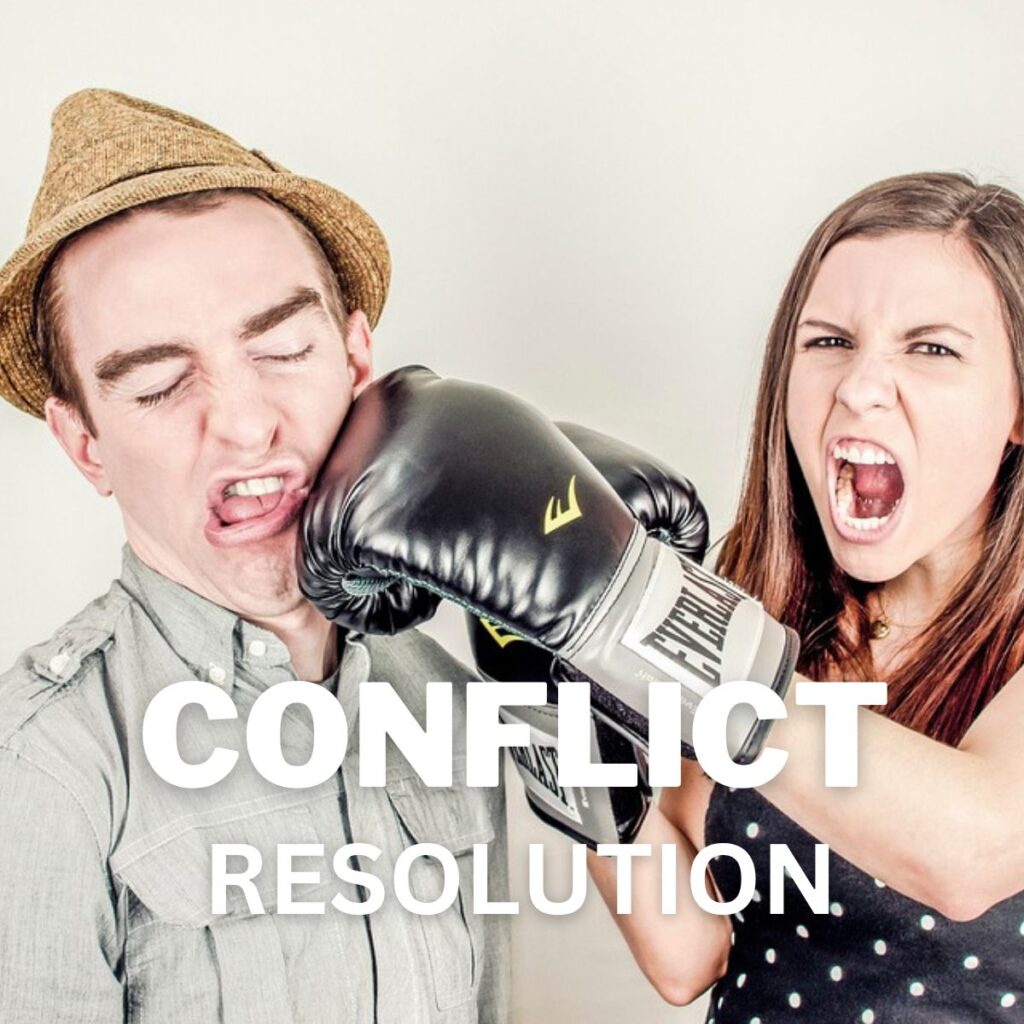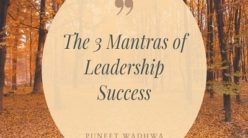
Conflict is an unavoidable part of interactions between people as it is natural for people to have differences of opinion and disagreements. However, if conflicts are not resolved effectively, they can lead to consequences such as soiled relationships, lost productivity, etc. which is why conflict resolution is a very important skill for everyone.
What is conflict resolution?
Conflict resolution is the process of addressing a dispute in a way that satisfies the needs of all parties involved for a win-win situation. It involves identifying the issues, clarifying the needs of all parties, and finding mutually acceptable solutions.
Conflict resolution can be done in several ways ranging from informal discussions to slightly more formal negotiation processes and can be applied to a wide range of situations between friends or family members, or for workplace disagreements.
The Benefits of Conflict Resolution
When conflict is managed effectively, there can be significant benefits such as:
- Improved relationships: people connect to each other better in absence of unhealthy conflicts
- Increased productivity: people focus on productivity instead of harbouring enmity towards others
- Reduced stress: conflict resolution can ameliorate the stress and create a more positive workplace or personal environment.
- Enhanced creativity: People can come up with new and innovative solutions when they work together in a healthy, positive environment
Tips for effective conflict resolution:
There are several key skills and strategies that can help to resolve conflict situations.
These include:
Active listening: One of the most important skills is giving your full undivided attention to the other person, listening to their perspectives with an open mind, and without judgment. One should ask questions as necessary to ensure that the other person’s point of view is understood. For tips on Active Listening, you may refer to my blog post on Active Listening.
Empathy: Empathy involves putting yourself in the other person’s shoes and understanding their feelings and needs which helps build connection and trust between people. The ability to empathize with people helps a person understand the conflicting situation better, and can help in coming up with creative and innovative solutions.
Communication skills: It is important to communicate better for effective conflict resolution. This includes not only listening and empathy but also the ability to express your thoughts clearly and concisely while giving others full respect.
Problem-solving: Conflict resolution helps with proper problem-solving as the focus is on identifying the underlying issues, looking at potential solutions, and selecting the best one after evaluation.
Compromise: Finding a solution to a conflict often involves compromise, where both parties give or take a little to reach a win-win outcome. For example: in case a person is interviewing with a company for a job offer – and if the person asks for too high a salary, the company may have to resentfully agree if they really need that person at that time, but in the long term, it is not good for the employee’s growth. Similarly, if the company short-changes the employee while making an offer, the person may never be truly motivated to work there and will look for the earliest exit opportunity which he or she may get.
Mediation: In some cases, it may be helpful to bring in a mediator who can help to facilitate communication and guide the situation towards a mutually acceptable solution. Many times, couples who are unhappy in marriage and are unable to resolve their own conflicts – get help from a neutral person such as a marriage counselor who can help them resolve their conflicts and overcome the bitterness to arrive at a healthier relationship.
Unhealthy conflicts are dysfunctional, and cause productivity loss and burnt bridges – thus, it is very important to resolve the conflicts amicably as soon as possible.


